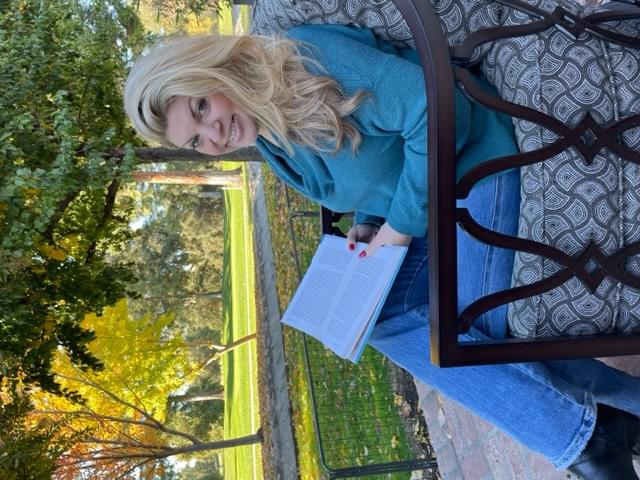In Episode 6 of the Lifespan podcast, Dr. David Sinclair and co-host Matthew LaPlante discuss cosmetic aging and how to improve skin, nails, and hair. They talk about why superficial aging occurs and how external signs of aging are often a reflection of biological age. The latest science behind various beautifying therapies is highlighted, including newer interventions like low-level laser therapy and platelet-rich plasma injections. #DavidSinclair #Longevity #SkinCare T.








